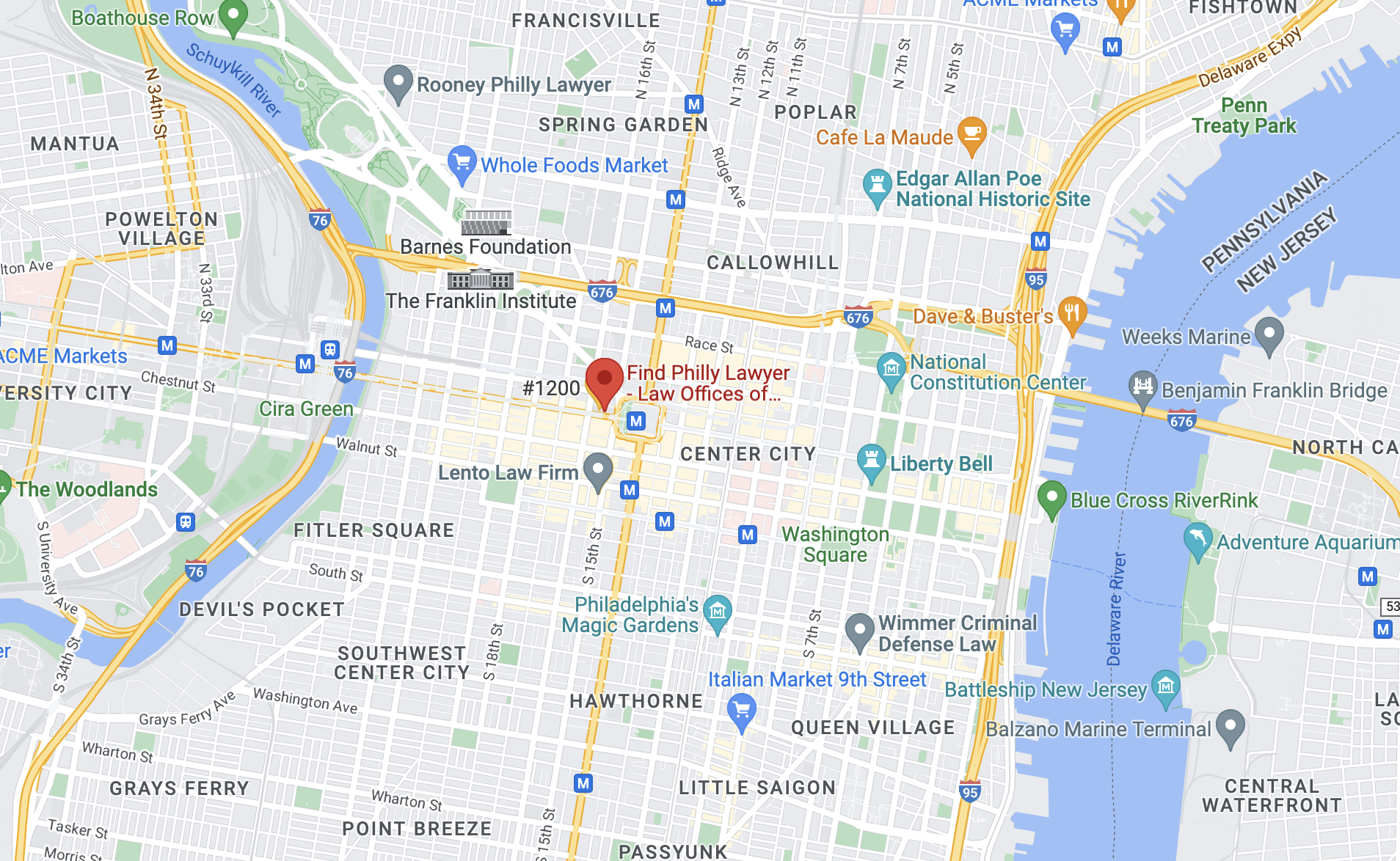It can be difficult for people who are dealing with criminal charges to keep up with all their responsibilities under the criminal system in addition to the everyday tasks of their already-hectic lives. In the midst of trying to keep up with work and family responsibilities, you may forget to make a required payment or show up for a court appearance. Unfortunately, even if you have a good excuse, those who fail to meet their obligations under the criminal system are likely to be issued a bench warrant for their arrest by the judge. Many people are unsure whether and how they should turn themselves in when they find out a bench warrant has been issued against them.
At The Liberty Law Team, our Philadelphia criminal defense lawyers have years of experience helping clients with bench warrants out against them successfully get the warrants resolved without facing further penalties. We will fight to make the judge understand your side of the story and the reasons you failed to meet your obligation. Below, our skilled lawyers explain what a bench warrant is and what you should do if you find out one has been issued against you.
What is a Bench Warrant?
As noted above, a bench warrant is issued by a judge against someone when they fail to meet their obligations under the criminal system. The most common reason a bench warrant might be issued is when a criminal defendant out on bail fails to show up for court as required. Judges can also issue these warrants if you have failed to pay required fines and fees, violated your probation, bail, or parole, or fail to show up to court when subpoenaed as a witness. However, there are ways to get a warrant lifted in Pennsylvania.
Once a bench warrant has been issued against you by a judge, you can be arrested at any time. While it is uncommon for the police to actively enforce bench warrants by seeking you out for arrest at your home or place of work, they will run a warrant check if they pull you over for a minor traffic violation or encounter you in any other fashion. They will then arrest you, take you to the local police station for booking, and either keep in a cell until you can be scheduled before a judge, or transfer you to the proper jurisdiction.
Bench warrants do not expire. Even if you are pulled over many years in the future, the police can arrest you on the warrant if you have not had it cleared up. Bench warrant information is shared between all counties in the state and with most other states as well.
Penalties for Philadelphia Bench Warrants
There are a number of different penalties or repercussions you can face for having a bench warrant issued against you. Sometimes, the judge will simply quash the warrant and allow the case to proceed. More often, if you are on bail, your bail will be revoked and you will have to stay in jail until the case is resolved. The judge can also choose to impose additional fines and fees.
Pennsylvania also has a separate crime called “default in required appearance” that can be charged when you have a bench warrant issued for missing court. For misdemeanor cases, you can face fines up to $5,000 and up to 2 years in prison. For felony cases, you can face fines up to $15,000 and up to 7 years in jail.
What to Do When You Find Out You Have a Bench Warrant against You in Philadelphia
The best way for you to deal with a bench warrant is to nip it in the bud as soon as you find out about it. You should not wait until you end up arrested to deal with a bench warrant. While you are able to turn yourself in on a bench warrant without a lawyer, the best thing you can do to protect yourself from facing any of the harsher penalties is to contact an experienced Philadelphia bench warrant lawyer like those at The Liberty Law Team as soon as you find out a warrant has been issued against you.
Our lawyers will typically attempt to negotiate a situation where you turn yourself in without having to be arrested or spend any time in jail. This will usually involve you turning yourself in at the courthouse and being taken before the judge right away to have the issue resolved. Prior to this, we will work to understand why you missed court or failed to meet some other obligation. Sometimes people have very reasonable excuses such as medical or family emergencies or their summons having the wrong date listed on it.
Our lawyers will use the information we collect from you as well as our understanding of the most persuasive rhetoric in these types of cases to argue to the judge that the warrant should be quashed without your bail being revoked or any further penalties being assessed against you. We will also advocate strongly that no consideration be given to charging you with the further crime of default in required appearance. We can then also work to assist you in getting your underlying criminal matter, such as theft charges, resolved in the most positive manner possible.
Call Our Skilled Philadelphia Bench Warrant Lawyers Today
It is foolish to ignore a bench warrant in the hopes that it will just go away and you will never have to face any repercussions for it. It is better to deal with such a warrant upfront than to spend years of your life looking over your shoulder worrying about being arrested after being pulled over for speeding or some other minor infraction. At The Liberty Law Team, our experienced Philadelphia criminal defense attorneys have successfully fought for many of our clients to have their bench warrants quashed with no further penalties assessed against them. For a free consultation, call our office today at (215) 826-3314.





 Liberty Law Team
Liberty Law Team  (215) 826-3314
(215) 826-3314 lonny@libertylawteam.com
lonny@libertylawteam.com





